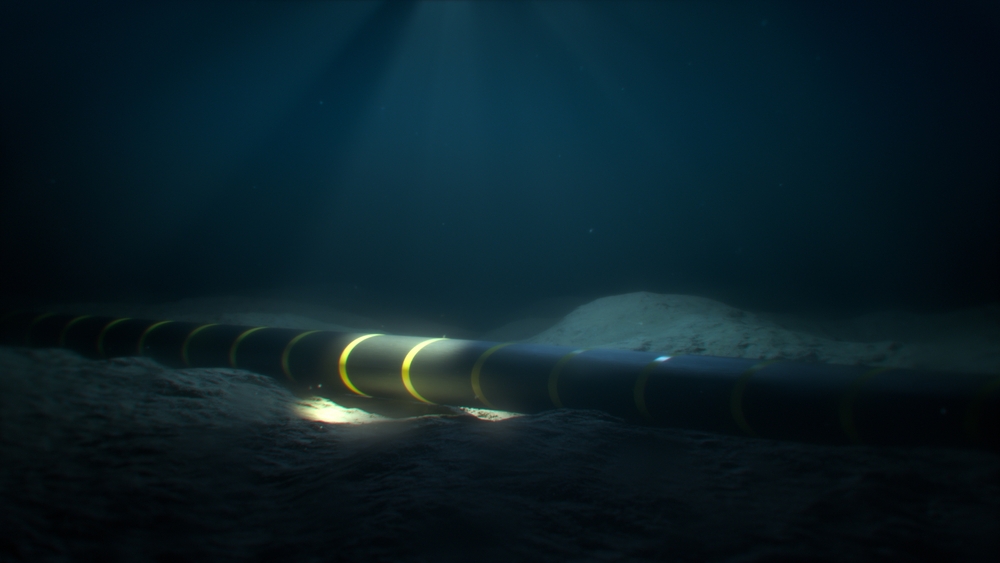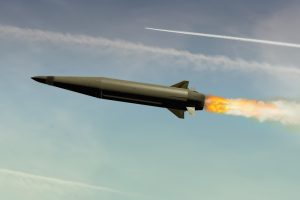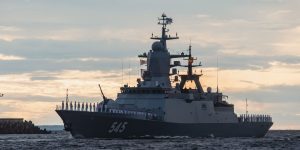Suspicions persist, especially given the strategic importance of the Baltic.
Others are reading now
The Baltic Sea, a hub for maritime trade and critical infrastructure, has become a growing point of concern.
Recent incidents, such as damaged undersea cables and rising tensions, have brought its security into focus. NATO is stepping up efforts to protect this vital region.
With nearly 15% of global maritime traffic passing through its waters, the stakes are high, according to Digi24.
In mid-November, NATO launched one of the largest naval drills in Europe, involving 30 ships and 4,000 troops.
Also read
The 12-day exercises, named “Freezing Winds,” aimed to strengthen the security of undersea cables, pipelines, and other critical infrastructure.
These assets are vital for communication, energy, and trade but are increasingly vulnerable to damage and potential sabotage.
Three Cases of Suspected Sabotage
Recent years have seen troubling incidents in the Baltic. At least three cases of suspected sabotage on gas pipelines and communication cables have occurred since 2022.
Most recently, two communication cables were severed, prompting investigations. Swedish officials suspect a Chinese vessel, Yi Peng 3, which anchored in the region days before the damage, may be involved.
The ship has been closely monitored but remains in international waters.
China has denied any wrongdoing and expressed willingness to cooperate in the investigation. Russia, often linked to such incidents, also denied involvement.
Despite these denials, suspicions persist, especially given the strategic importance of the Baltic.
Similar incidents in the past, including one involving the Chinese ship New Polar Bear, have added to these concerns.
Undersea cables, pipelines, and telecommunication lines in the Baltic Sea face unique challenges.
The shallow waters and heavy maritime traffic make them particularly susceptible to accidental damage or deliberate interference.
Globally, around 150 undersea cables are damaged annually. In the Baltic, these incidents take on a different significance due to the tense geopolitical climate.







